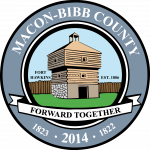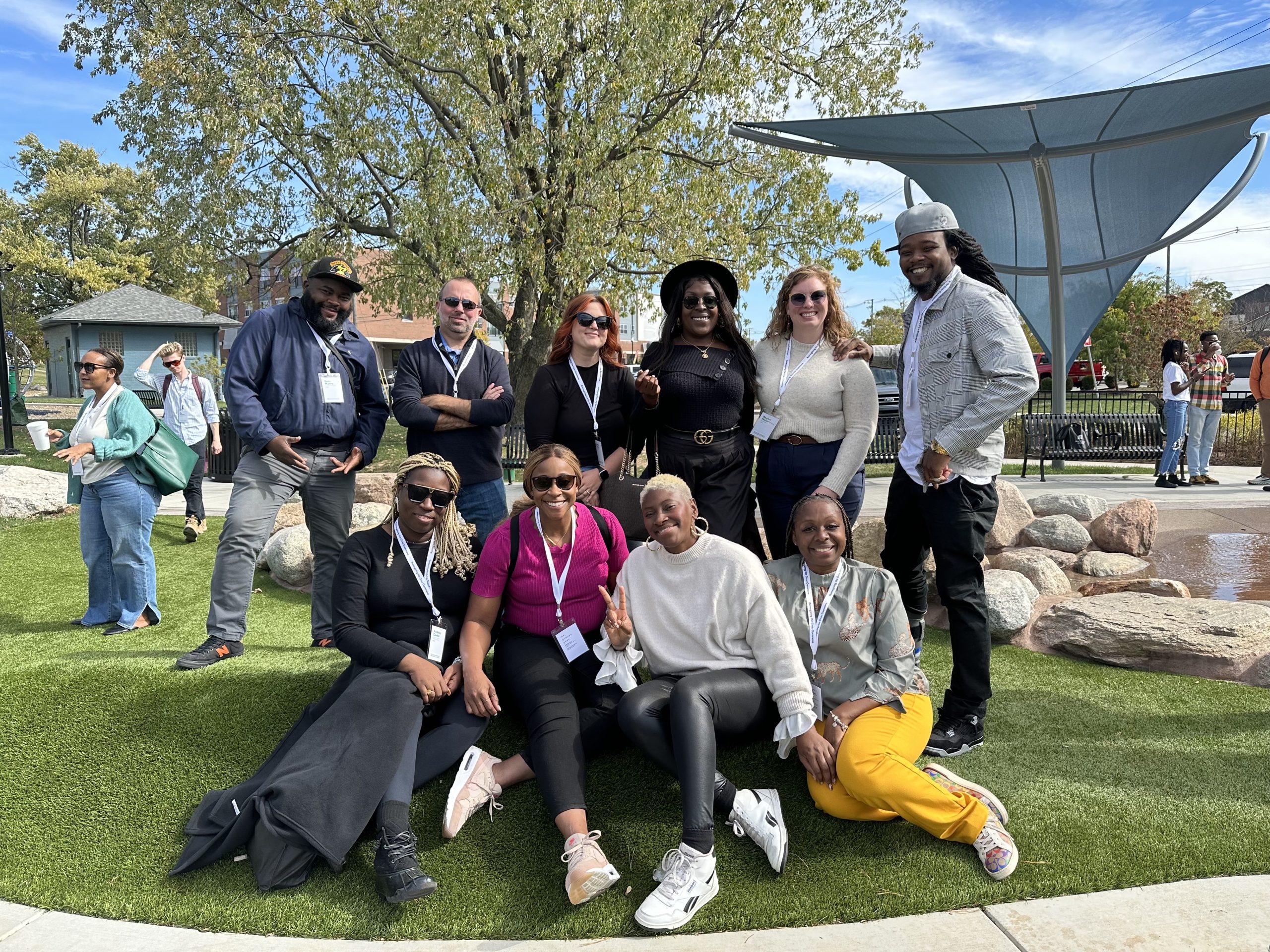 “Parks are the living rooms of our community,” Lexington, KY Council Member James Brown told a group of dozens of community leaders – all nodding at the statement – from around the country. The group was gathered in Lexington for Reimagining the Civic Commons’ Public Space as a Solution Studio.
“Parks are the living rooms of our community,” Lexington, KY Council Member James Brown told a group of dozens of community leaders – all nodding at the statement – from around the country. The group was gathered in Lexington for Reimagining the Civic Commons’ Public Space as a Solution Studio.
“We truly Hope you see public spaces as a means to outcomes,” Bridget Marquis, RCC Director, told the group in the opening session. “We believe public space can be a solution, and a solution desperately needed in these times.”
“Lexington reminded us that democracy can grow when we have better access to green, public spaces,” says Rachel Umana with Bike Walk Macon.
For nearly three days, nearly a dozen Macon-Bibb County representatives from neighborhoods, nonprofit organizations, government, development organizations, and others got a tour and in-depth look at the transformational work Lexington agencies had done to improve and connect parks, increase public art, support local artists, and capitalize on tourism.
“I loved learning about how Lexington embraces its art community. The support they give it is amazing, as is how they give the artists ways to succeed, from studio space to housing,” says Dsto Moore, a local Macon photographer.
“Lexington’s bicycle and pedestrian infrastructure was remarkable, serving as an excellent demonstration of maintaining high curb appeal while prioritizing the safety of our most vulnerable road users,” says Kaylee Pruitt with Bike Walk Macon.
“It was great to hear elected officials and other leaders discuss how to improve life for people through the expansion and funding of public spaces,” says Andrea Coo

ke with Macon Mental Health Matters.
The group also got to meet with each other and national experts on topics like creative funding strategies, different funding models, how to engage the community, how to tell a community’s story better, and more.
“I enjoyed learning about Lexington’s thoughtful park planning and the way they prioritize connecting them through their trail networks,” adds Umana. “It was also great to share with other cities how Macon is embracing these shared values through our Ocmulgee Heritage Trail.”
A big point was learning about the history of how the horse industry began in the state, how it has grown and changed, and how the community is working to improve its future by reconciling its past.
“Most appealing to me was the celebration of Isaac Murphy, American Hall of Fame Jockey,” says Tonja Khabir, Community Facilitator. “Using the foundation of his home to connect the trail system through downtown and the horse track was an incredible display of legacy, local artisanship, and collaborative leadership. It was beautiful.”
“Learning about the history and the importance of the formerly enslaved people who contributed to the wealth base of Kentucky was impactful,” adds Cooke.
Macon was host to a similar Studio in April – Investing with Intention: Our Four Outcomes – when the group spent three days learning about Macon’s public spaces and revitalization efforts, exploring Downtown’s connection to the Historic Pleasant Hill neighborhood, and learning about the collaborative efforts to turn Ocmulgee Mounds National Historic Park into Georgia’s first National Park.
Macon was selected because of our work to advance civic engagement and strengthen democracy through public spaces. For Macon, RCC cites the Macon Action Plan (MAP) as a national example of how cities can creatively involve residents in improving their communities. The RCC’s report cites the Macon team’s use of “democratized implementation,” meaning they actively engage people and groups in planning, designing, and building projects, as opposed to centralizing it with one organization. It was approved in 2015 after an 18 month-long planning process that was open to the entire community and included input from more than two thousand people through engaging public meetings and events, online forms, and more.
With the Plan – thanks to initial funding from the John S. and James L. Knight Foundation and Peyton Anderson Foundation ($1.5 million from each) and grant implementation by the Community Foundation of Central Georgia – the Downtown community and surrounding neighborhoods have completed eighty percent of the strategies and projects in the original plan. Downtown, through the success of MAP, has also attracted more than $400 million in additional public and private investment.

